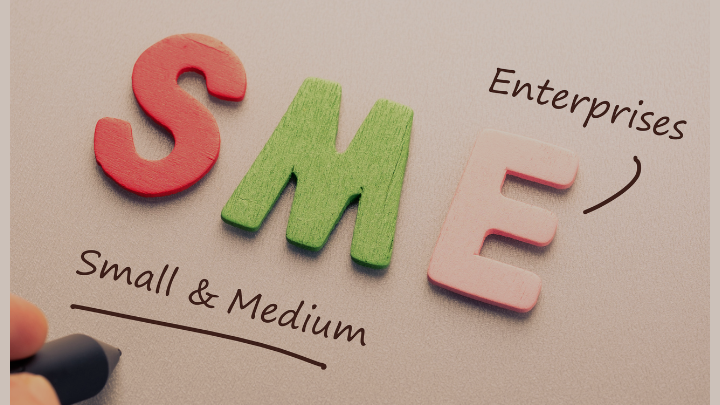FREE Equity Delivery and MF
Flat ₹20/trade Intra-day/F&O

Zerodha Trade@20

Listing SME shares on the SME platform (BSE SME and NSE SME) not only helps in capital infusion but also looks attractive from the tax perspective. The sale of SME securities by an investor to book profits is called a capital gain, and the investor is liable to pay capital gain tax. The rate of capital gain taxes significantly varies for the listed and non-listed SMEs. Check out the SME IPO tax benefits, including the short-term and long-term capital gain tax implications.
Any profit/gain resulting from the sale of a capital asset is known as capital gain and is charged with capital gain tax. You have to pay tax in the year when the capital asset has been transferred. Capital assets include land, house property, building, patents, machinery, jewellery, shares, debentures, mutual funds, trademarks, leasehold rights, etc. There are two types of capital gains: short-term capital gains and long-term capital gains, depending on how long an asset has been held and subject to different tax rates.
Any capital gain derived from the sale of SME shares held for a period of upto 1 year is called short-term capital gain (STCG). The one-year applies to assets like listed equity and preference shares, debentures, government securities, UTI units, equity-oriented mutual funds, and zero-coupon bonds.
When an investor sells shares of a small and medium enterprise within a year, he will be charged with the short-term capital gains tax. SMEs whose securities are listed on the SME exchange attract a short-term capital gain tax rate of 15%. However, the sale of unlisted shares in the short term is charged with a higher STCG tax of upto 30%.
Profit or gains arising from the sale of shares held for more than 12 months or 1 year is called long-term capital gain (LTCG) and levies with LTCG tax. If you own listed shares of an SME in your demat account and book gains by selling securities in the long term, you will be charged zero tax. In other words, there is no long-term capital gain tax on SME IPO shares given that they have been subject to Securities Transaction Tax (STT). Unlike it, selling unlisted shares in the long term is charged with 10% capital gain tax without indexation and 20% with indexation benefits.
Suppose, an investor has bought 1,000 shares of a SME company at Rs. 20 then the total buy price will be Rs 20,000. Now, if the investor sells entire holdings within a year at Rs. 25, a 15% STCG tax will be applicable.
Acquisition cost = 1,000 shares*Rs 20 = Rs 20,000
Selling price = 1,000 shares*Rs 25 = Rs 25,000
Capital gain = Rs 25,000 – Rs 20,000 = Rs 5,000
Short-term capital gain tax = Rs 5,000*15% = Rs 750
In another scenario, if the investor sells all securities after a year at Rs 30, the profit derived at a Rs 10 price difference worth Rs 10,000 will be the long-term capital gain. Given that the capital gain is subject to STT, there will be zero LTCG tax.
Are you an SME company looking for an IPO to raise funds and get listed in the stock market? We can help. Contact us today... SME IPO Enquiry Form
Yes, SMEs whose shares are listed and traded under the SME segment on the BSE or NSE will have many capital gain tax advantages. The short-term and long-term capital gain tax rates on listed and non-listed SMEs are as follows;
Rate of capital gain tax on SMEs
| Listed SMEs on BSE and NSE | Non-listed SMEs | |
|---|---|---|
| Short-term capital gain | 15% | Upto 30% (Depending upon the tax payer’s income tax slab rate) |
| Long-term capital gain | Nil subject to STT | 20% |
